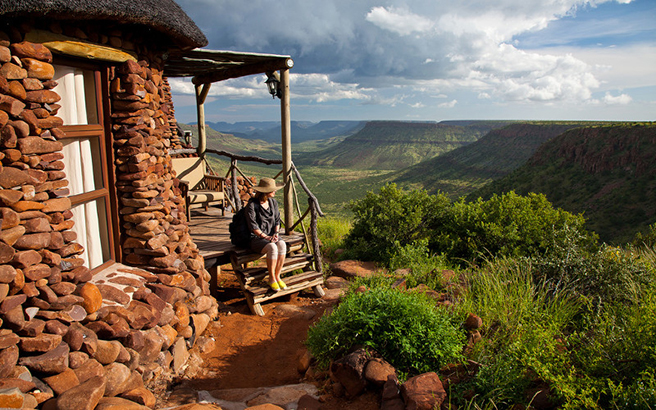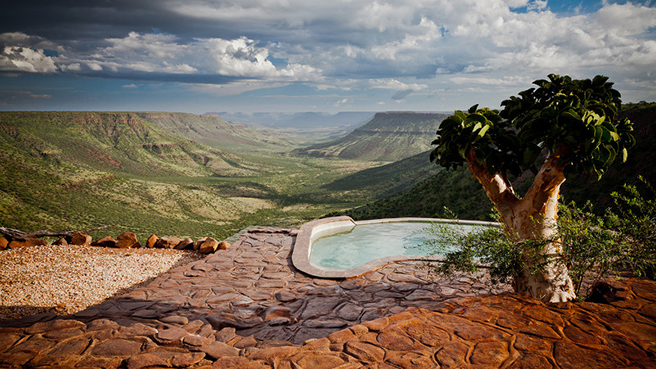Leveraging Capitalism for Conservation

AWF has historically used its own, donor-driven capital to support the development of conservation tourism in key areas under threat. While this strategy has proved successful, it also has its limitations.
Simultaneously, a new segment of financial investors—impact investors—has emerged as an exciting source of capital. These investors seek financial returns, but also place a value on having impact through their investments, which is often measured in social or environmental terms.
AWF recognized this new and growing segment of the market as a potential opportunity to expand its conservation impact on the African continent, while providing financial returns to global investors.
In 2011, AWF launched African Wildlife Capital (AWC), a mission-related investment company wholly owned by, and operating under the mission of, AWF. AWC provides long-term debt and quasi-debt based development financing to conservation enterprises in Africa, including conservation tourism. The firm engages for the long term, investing capital in individual businesses for up to 10 years. Target investments typically range between US$250,000 and US$1.5 million.

AWC does not invest in general “green” business. A linkage must be made to priority conservation landscapes or specific wildlife populations, and investments must contain specific conservation logic. This may include:
- Generating income that can sustain the operations of a conservation area or initiative;
- Generating economic and social benefits for local communities, creating incentives to conserve a target conservation area or wildlife population; and
- Increasing the productivity of buffer landscapes in a manner that reduces encroachment into neighboring natural areas.
AWC has pioneered the use of “Conservation Covenants”—key conservation requirements incorporated in each of its investment contracts that provide a basis for measuring a business’s non-financial, conservation-driven returns.
AWC takes pride in its disciplined commercial approach explicitly linked to conservation. As of mid-2013, the company has invested in conservation enterprises in the tourism, agricultural and livestock sectors across both East and Southern Africa.
Photos by Philippe Clairo